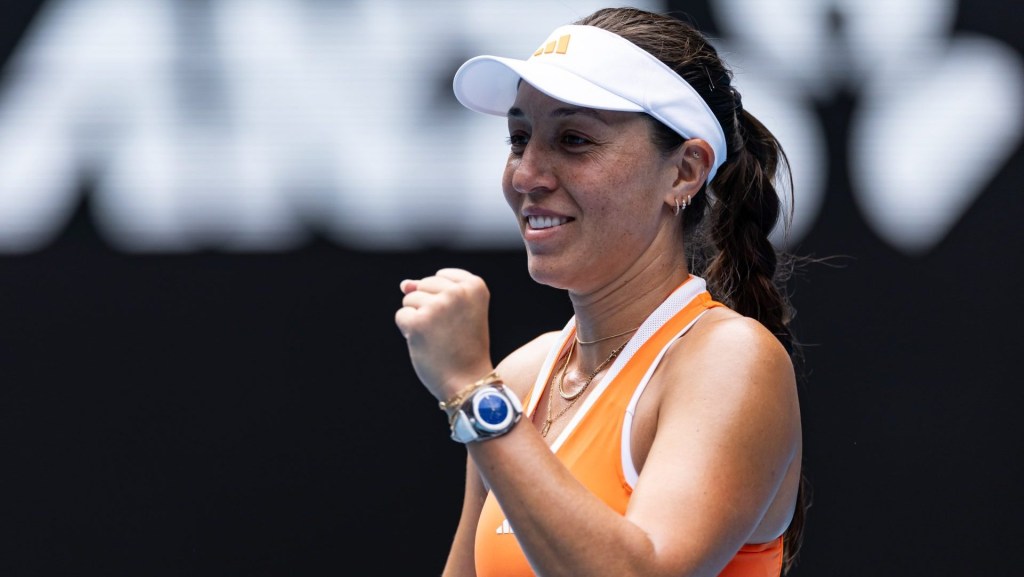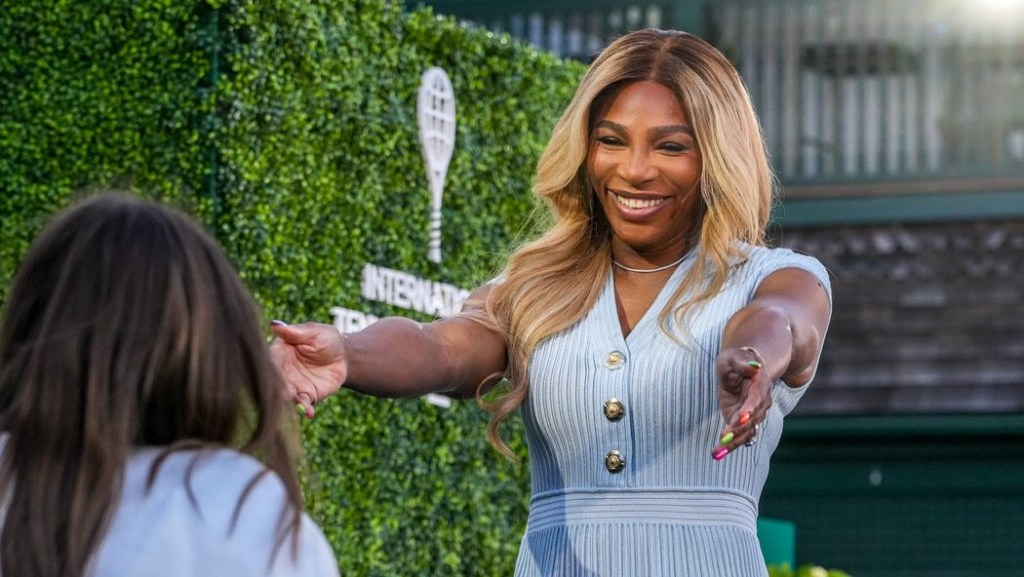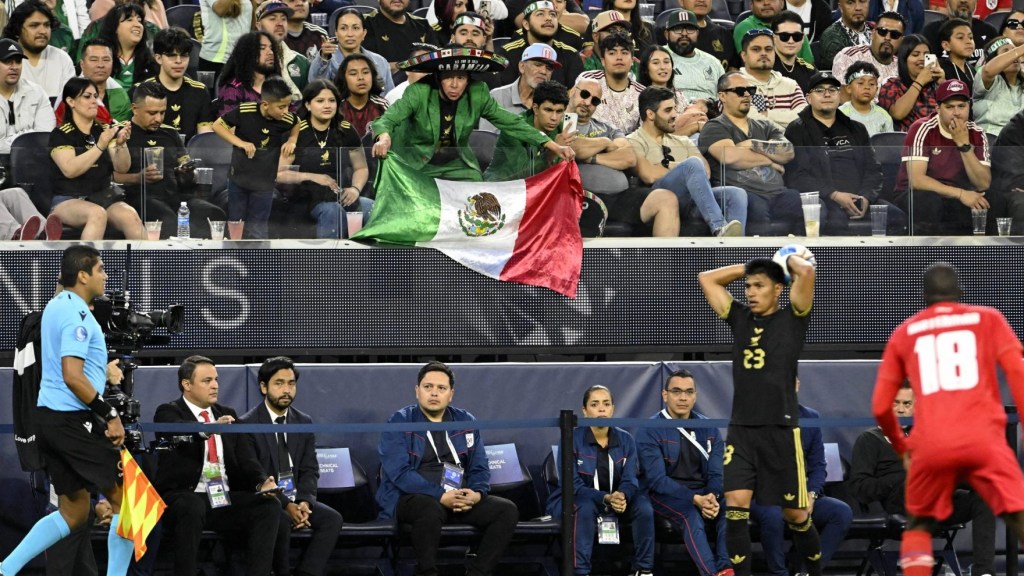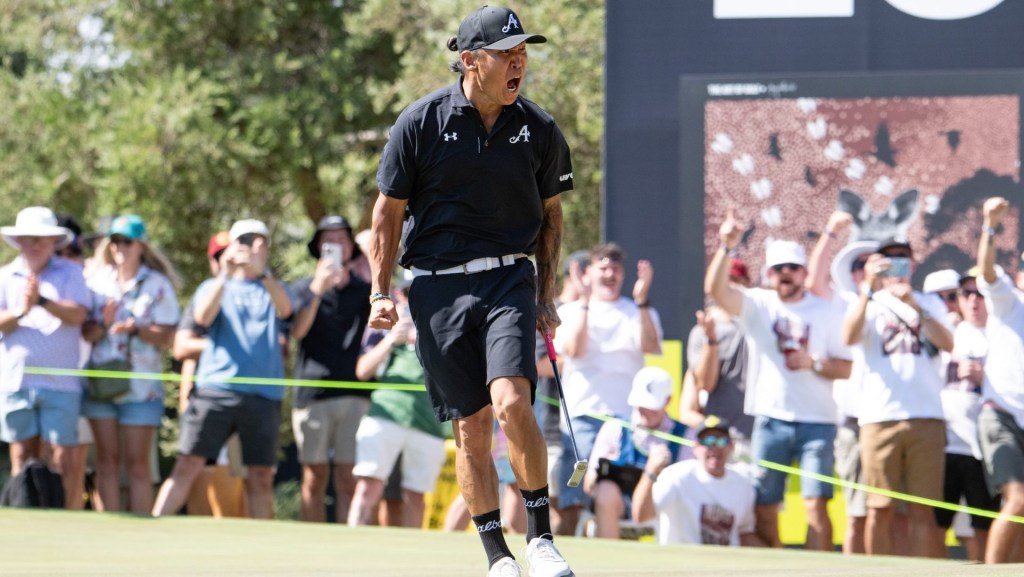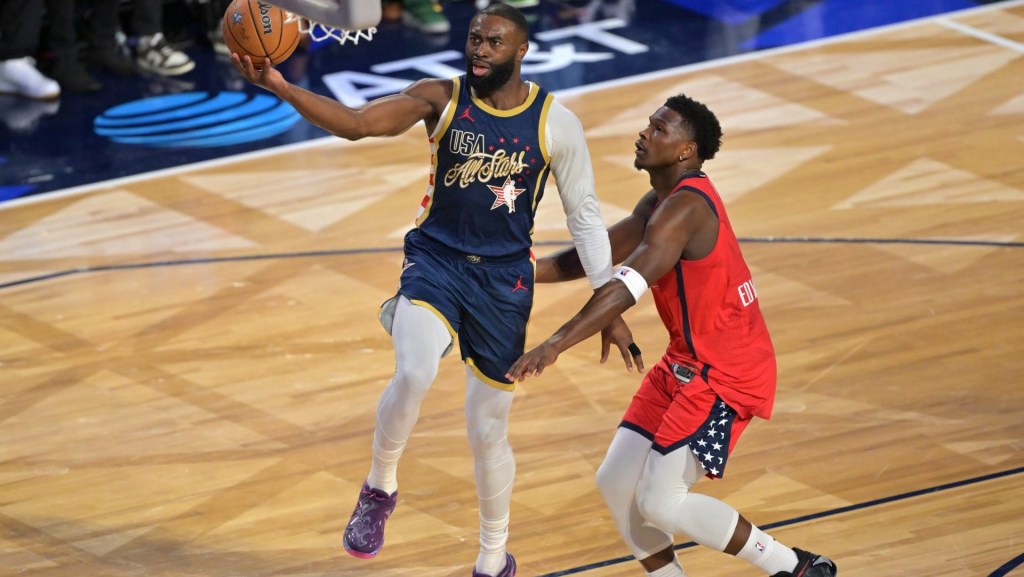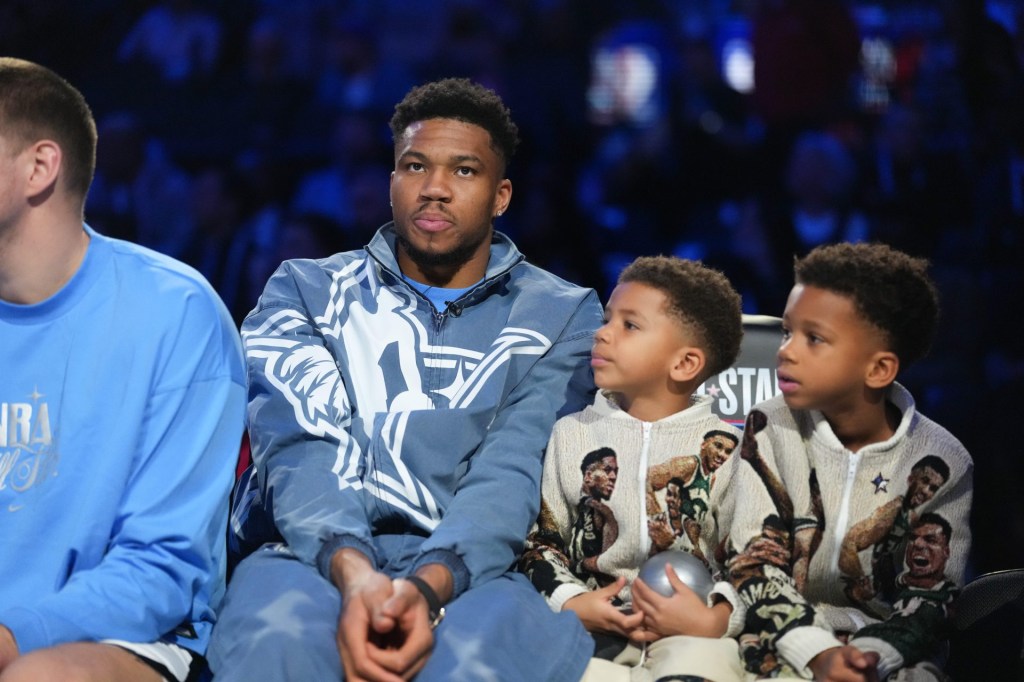In July 2022, Eric Holt finished fourth at the U.S. outdoor championships in the men’s 1,500 meters, just a fingernail short of the podium. In the two years since, he’s only gotten better. On Sunday in New York, he ran a lifetime best of 3:34.05, nearly beating ’22 world champion Jake Wightman and making it clear he’s a contender to make the U.S. Olympic team at the track and field trials, which start later this month.
Yet, neither Holt nor his New York–based nonprofit club, Empire Elite, have a sponsorship with a shoe or apparel company, the lifeblood of how most U.S. runners make any money at all.
“It’s happened over and over where I feel like, in the entire field, I’m the only unsponsored athlete,” Holt tells Front Office Sports. “I consistently beat athletes that have that livable salary.”
It wasn’t Holt’s race Sunday that went viral, although diehard track fans took notice. It was a social media clip from an interview discussing his struggles to stay afloat in a cutthroat sport.
Holt detailed how he pays for all his own equipment, travel, and recovery, and lives with his parents in Connecticut. He even said his girlfriend always pays for dinner when they go out, which he wants to rectify one day.
“I lose money in this sport. I don’t gain money,” he said in the video.
As the Paris Games inch closer, Holt is exposing the realities for even some of the sport’s top competitors. In a sport where the Olympics are everything, as Holt says, a handful of shoe companies hold all the power.
“If you want to make money in this sport, it’s all about shoe deals. It’s all about getting sponsored,” Holt says.
Holt is far from alone. There are 10 unsponsored athletes currently entered in the Trials’ 800 meters, and 11 in the 1,500. But he’s shedding light on something that has long been a complaint in the sport: There are only so many sponsorship dollars to go around, and they aren’t directly correlated with performance.
“Unfortunately, if you’re not a phenom in college or high school, companies are just not willing to take the risk and give you a contract,” Holt says. “I just want to show people that despite not having a good college career, despite being good in your later 20s, that if you have the desire and you have the talent, you should be rewarded with a potential contract.” Holt was a good college runner, running a 4:02 mile—not quite fast enough to ever make it to an NCAA championship meet. His alma mater of Binghamton University is far from a track powerhouse, and he was only on a third of a scholarship. But after graduating, he just kept chipping away, and now he’s one of the best milers in the country.
With the Trials almost here, Holt is in a conundrum. Given his recent virality, he could be offered a deal before the Trials, but it would likely be tremendously below market rate if he makes the Olympic team. But passing up any offers would essentially be betting on himself, a bet he can only double down on so many times.
“This sport is all about momentum,” he says. “I hope to be in good shape in four years, but this could be a once-in-a-lifetime opportunity,” he says.
Holt quit his job at a psychiatric center to focus on running and had a breakout season last year, becoming a consistent contender on the domestic circuit, making the U.S. final and setting personal bests in both the 800 and 1,500 meters. (He’s significantly lowered both again this year.) Last August, he was one of 50 athletes selected by USA Track & Field for a $10,000 grant specifically designed to help athletes overcome the financial burdens that come with the sport. He spent it all on massages, a gym membership, shoes, traveling to practice, food, and trips to Arizona for altitude training, which included flights, housing, and a rental car.
Holt said his club getting sponsored would be the “best-case scenario” so his former Olympian coach John Trautmann can finally get paid and his teammates, some of whom he says work two jobs, can focus on their training. Holt says his dream sponsors are Nike—seeing as his mentality is to throw caution to the wind and just do it—and On. The predecessor of Empire Elite was sponsored by Hoka, but that partnership didn’t carry over.
“My teammates and I, we’re all in the same situation where we’re holding on to this dream that we can get sponsored. That we can become professional athletes. And I do want to say, I don’t think it’s a pipe dream,” Holt says. “I think I’m ready to make the Olympic team. I bet on myself that I can be a world-class runner, and I truly believe this year is going to be my year.”
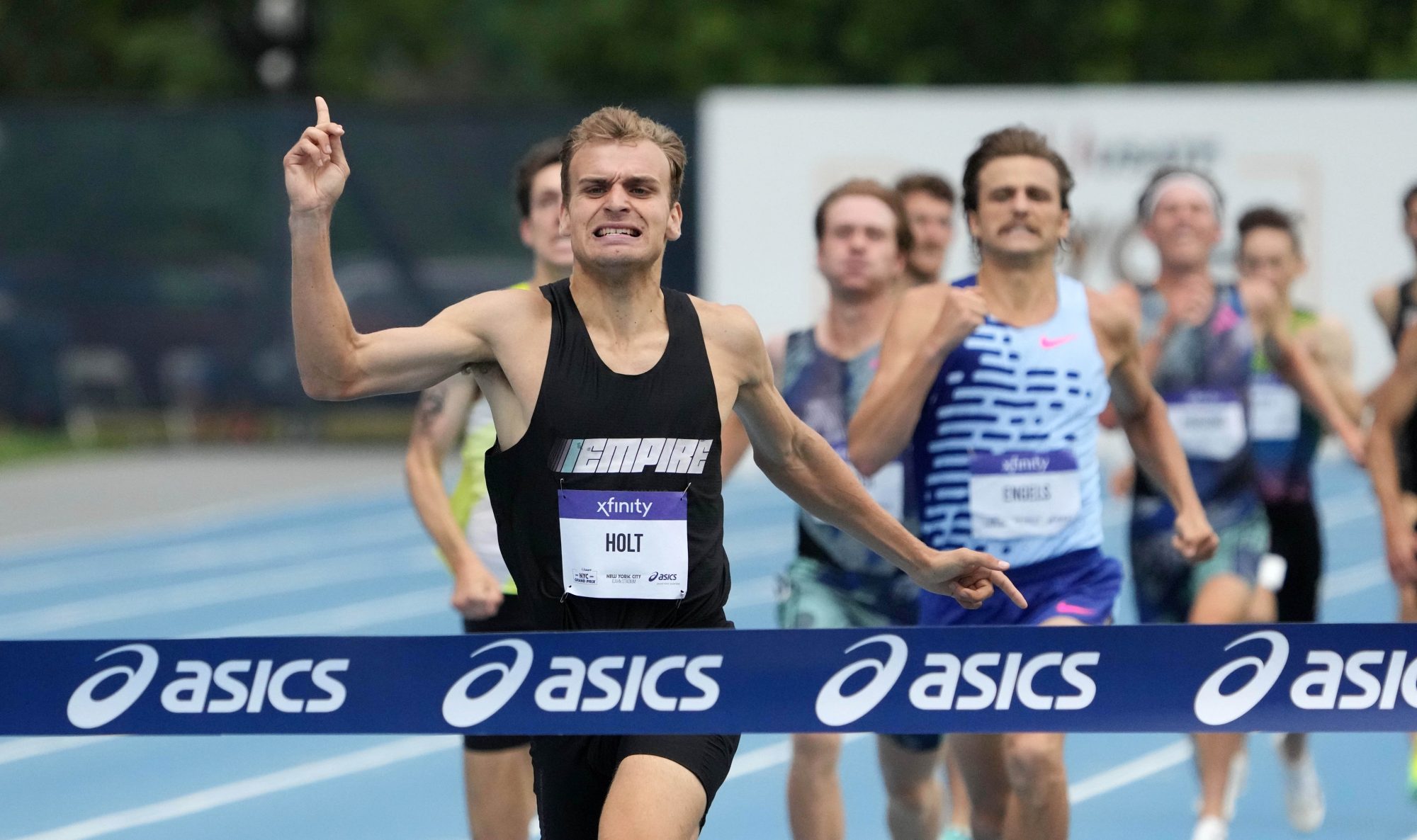



![[Subscription Customers Only] Jun 15, 2025; Seattle, Washington, USA; Botafogo owner John Textor inside the stadium before the match during a group stage match of the 2025 FIFA Club World Cup at Lumen Field.](https://frontofficesports.com/wp-content/uploads/2026/02/USATSI_26465842_168416386_lowres-scaled.jpg?quality=100&w=1024)
![[Subscription Customers Only] Jul 13, 2025; East Rutherford, New Jersey, USA; Chelsea FC midfielder Cole Palmer (10) celebrates winning the final of the 2025 FIFA Club World Cup at MetLife Stadium](https://frontofficesports.com/wp-content/uploads/2026/02/USATSI_26636703-scaled-e1770932227605.jpg?quality=100&w=1024)



